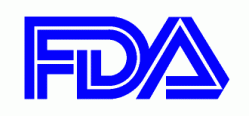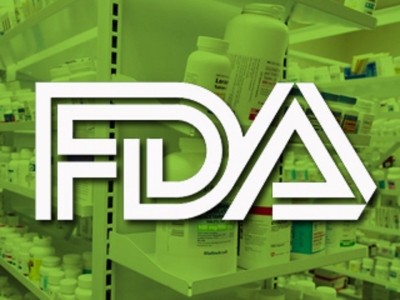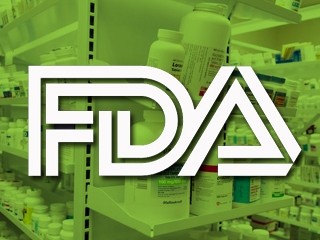FDA updates Reportable Food Registry (RFR) in effort to track safety trends

More than a dozen additional questions have been incorporated into the RFR programme in the form of a ‘Rational Questionnaire’, including whether or not the reportable food underwent treatment to reduce the presence of potentially lethal microorganisms.
It was initially implemented as an electronic system for collecting, submitting and processing information on reportable food products – those for which there is reasonable probability that consumption or exposure will cause health consequences or death.
The US food industry is required by law to input reportable food information via the RFR, however, figures from within the sector will not be initially obliged to complete the new sections.
The FDA hopes that through the update, the RFR will provide a better tool through which it can better track food safety patterns across the US and make targeted inspections.
Target inspection resources
“FDA brings online a new Reportable Food Registry (RFR) Rational Questionnaire which incorporates additional data elements as part of an effort to improve the RFR’s information gathering capability,” said a statement from the FDA.
Food industry stakeholders, including processors, packagers and distributors will be required to provide information including the reason the food has been determined to be reportable and a description of the root cause of the reportable food once the FDA makes it mandatory later this year.
The update also provides the industry the means to outline any corrective actions that have so far been taken to avoid a repeat of the reportable event.
“By gathering and analysing the new data, FDA will improve its ability to track patterns of adulteration in human food and animal feed (including pet food) and to target its inspection resources,” said an FDA statement.
Early warning system
Data collected using the RFR has proved useful to the FDA since its introduction in 2007.
According to the FDA, the Registry has helped increase the speed with which the FDA investigates reports and takes appropriate action, including the removal of reportable food from the market.
“By providing early warning about potential public-health risks from reportable foods, the Registry increased the speed with which the FDA, its state- and local-level partners, and industry could remove hazards from the marketplace. The Agency also can use the data to target inspections, plan work, identify and prioritise risks and develop guidance for industry on how to strengthen preventive controls,” said FDA deputy commissioner for foods Michael Taylor.






